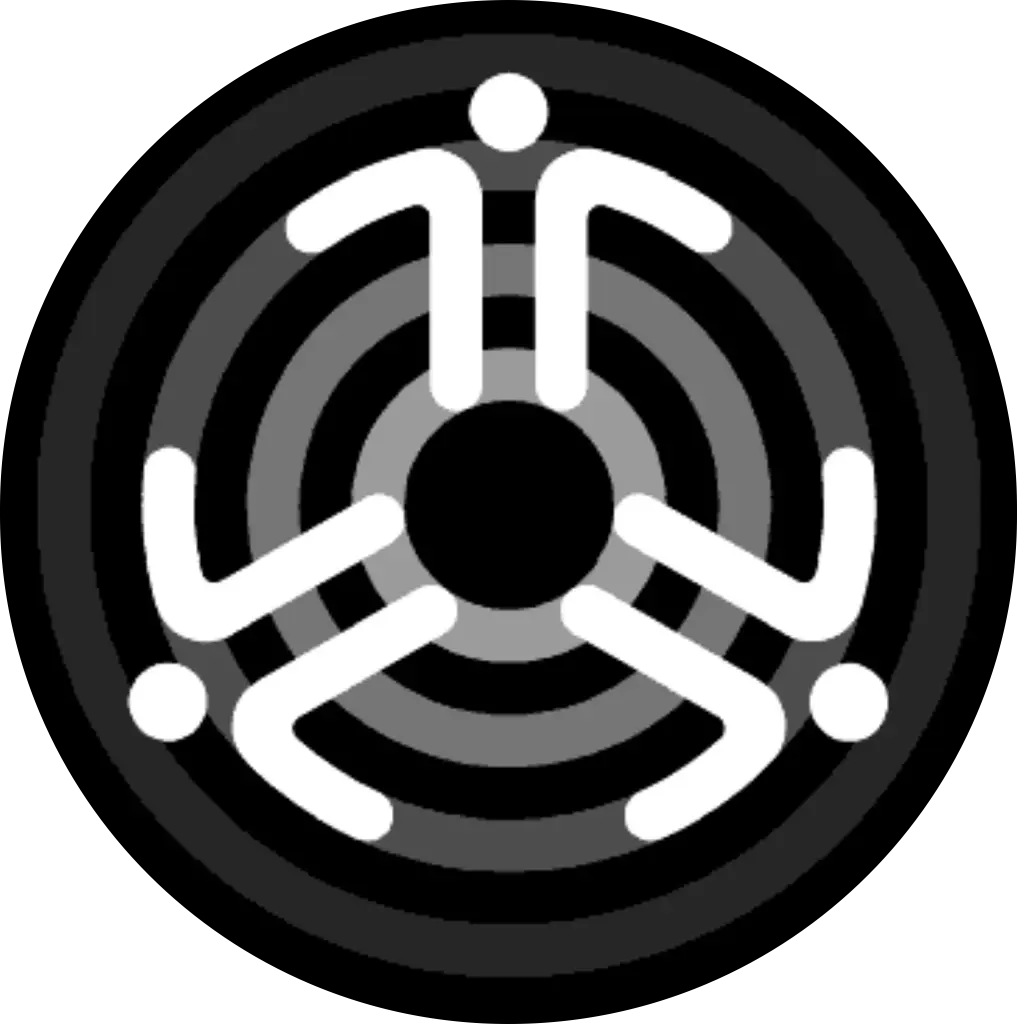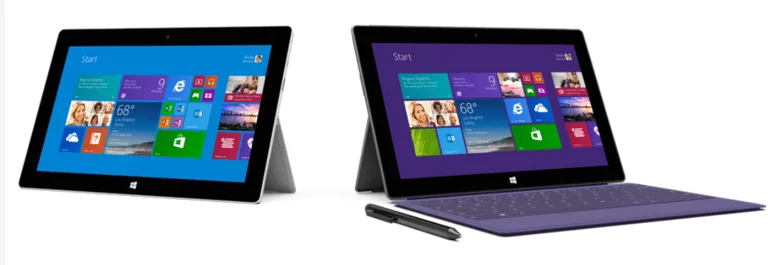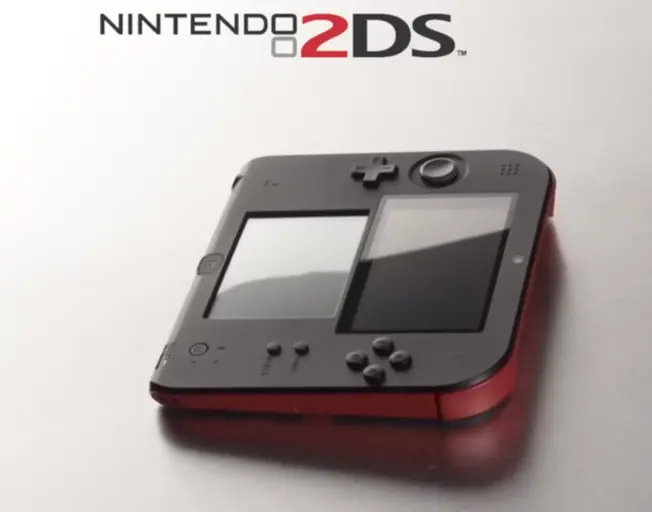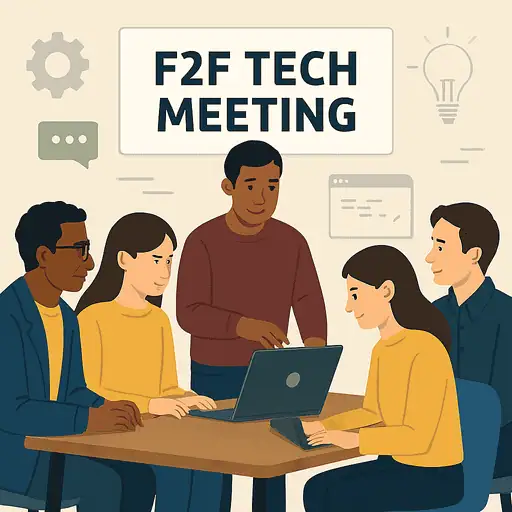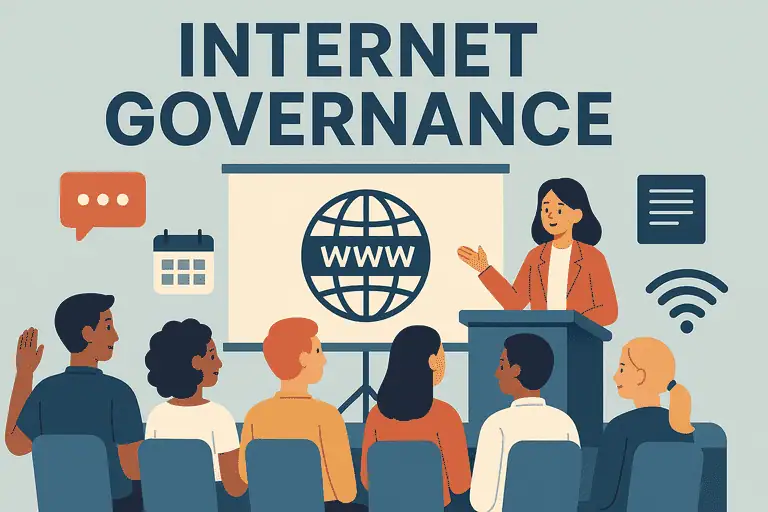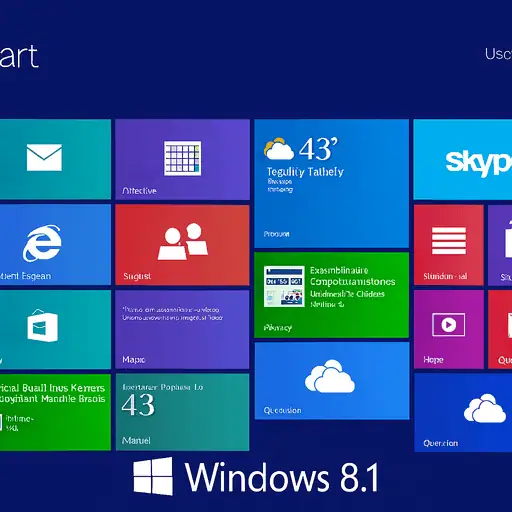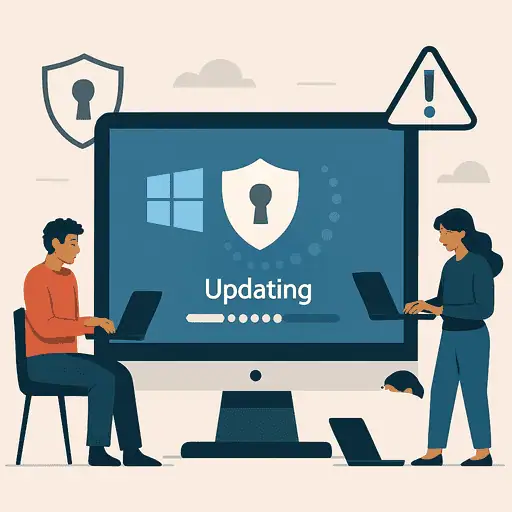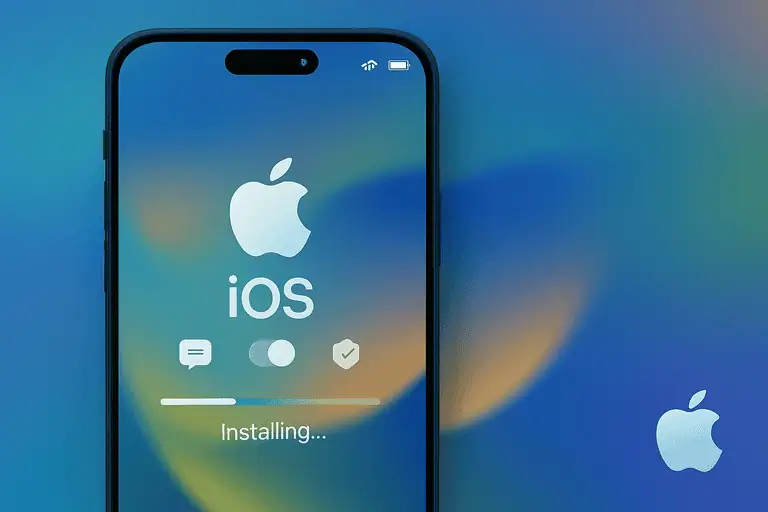The price cuts for the Microsoft Surface Pro, Surface RT and TouchCover introduced in early August 2013 were set to end this month. However, Microsoft has announced these price cuts are permanent.
The price cuts :
- $100 USD off Surface Pro (including the 256GB model) – Surface Pro will now start at $799 USD
- $40 USD off Touch Covers – Touch Covers will now start at $79 USD, Limited Edition Touch Covers will now start at $89 USD
- $50 USD off Surface RT bundles – Surface RT bundles will now start at $399 USD
Source : ZDnet
